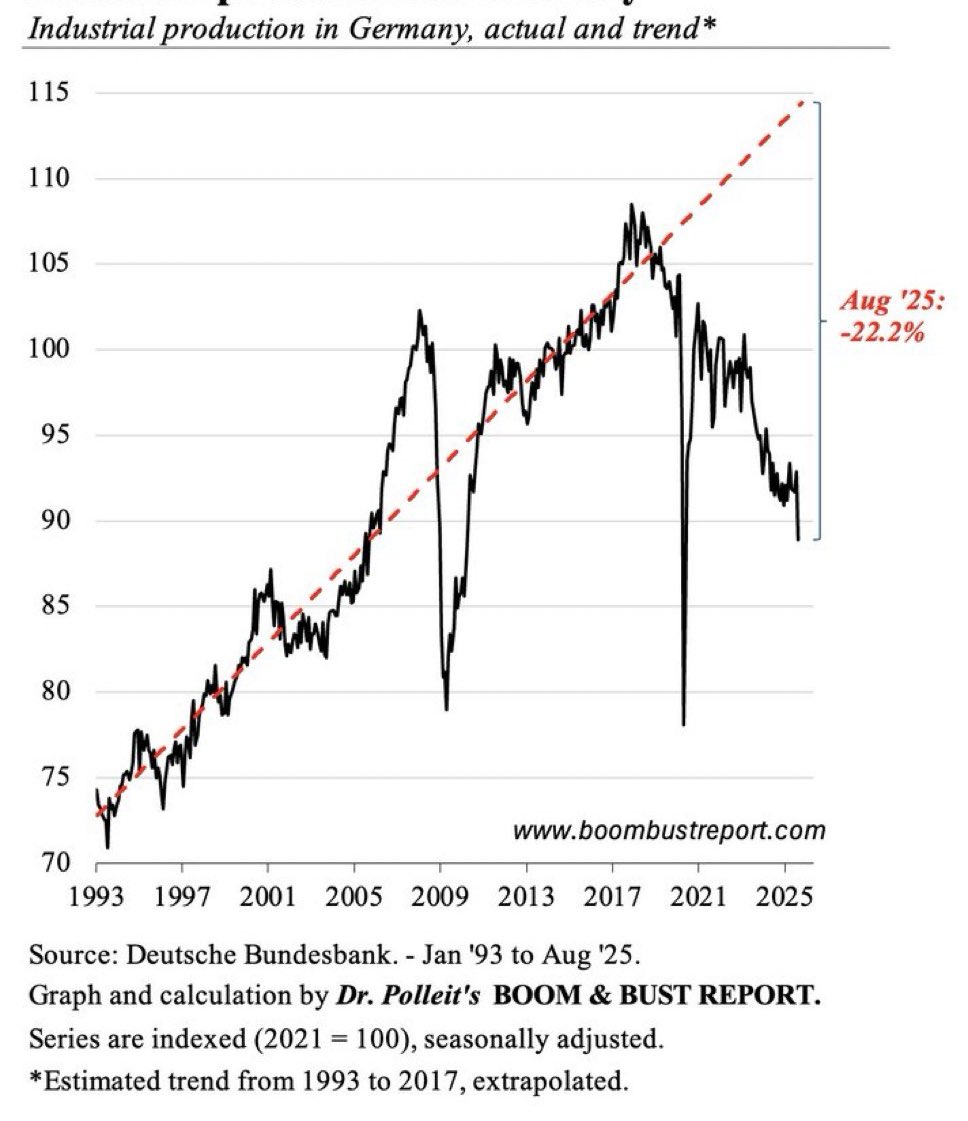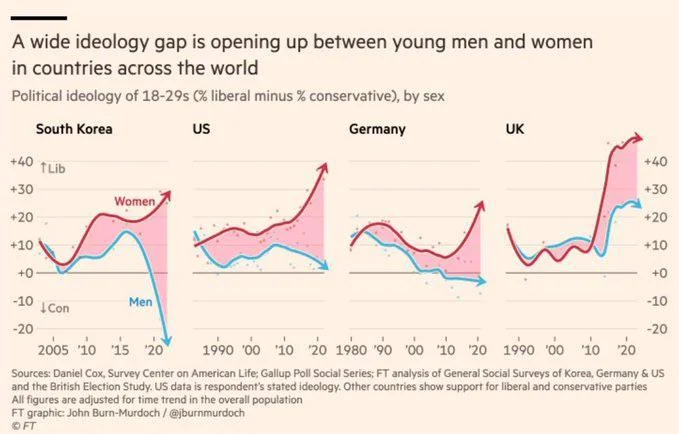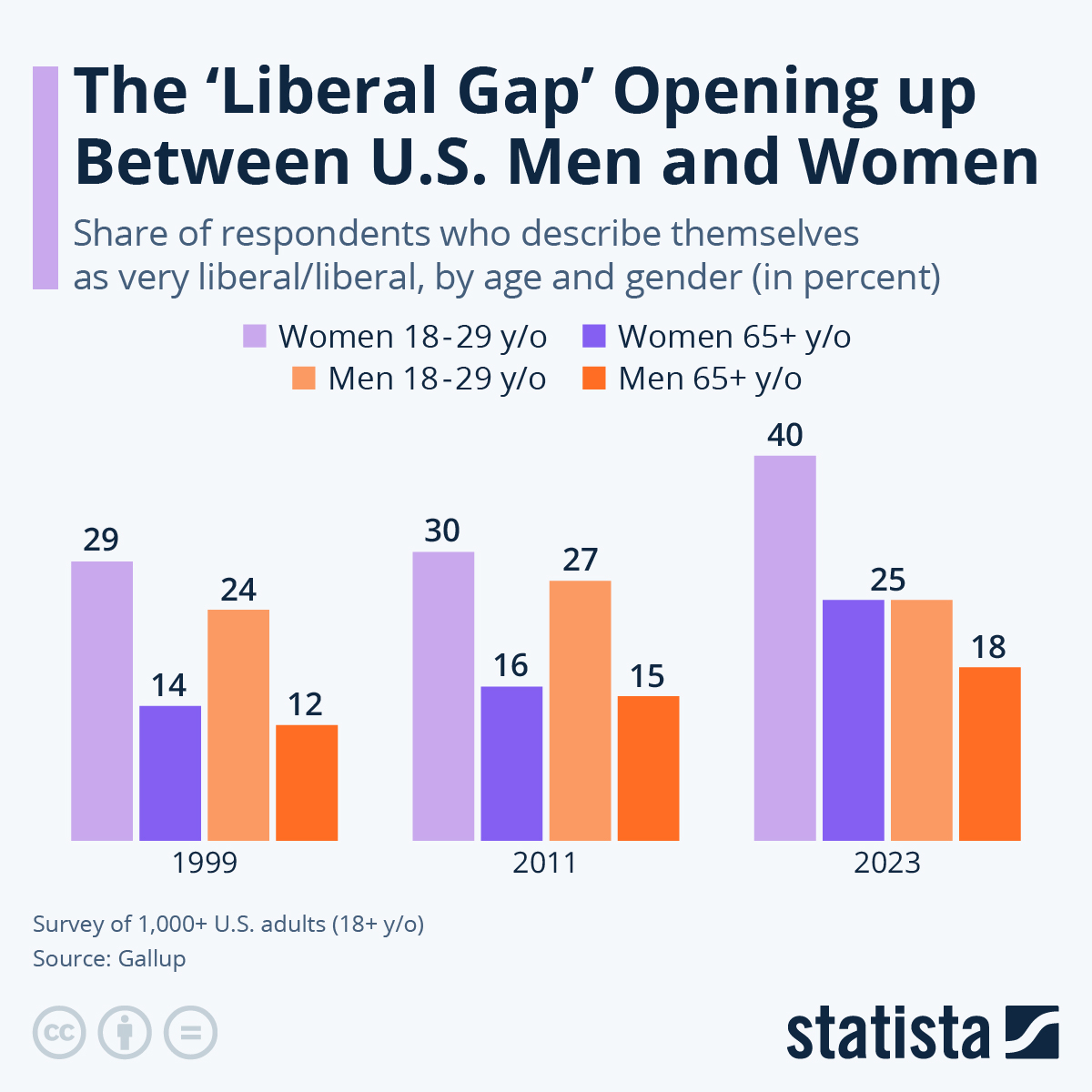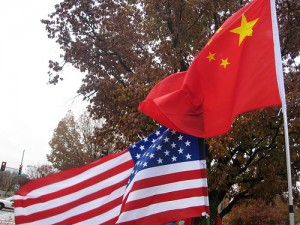A couple days ago I discussed the Dutch taking over Nexperia, a Chinese owned but Dutch domiciled company making commodity semiconductors. The company became Chinese owned because it was almost bankrupt, the Chinese bought it, fixed it and kept many jobs in Europe, including the headquarters.
What I didn’t know about the story on Monday is that the Dutch were between a rock and a hard place. The Americans threatened to put Nexperia on the entity list, and thus kill it with sanctions, if it remained Chinese owned. So if the Dutch didn’t kick the Chinese out, it was doomed.
But the Chinese have put a ban on any exports to or from Nexperia (it has facilities in China.) Which means it won’t be able to manufacture anything. So it’s doomed.
Now the important part here is that Nexperia mostly sold semiconductors in Europe. And American sanctions could stop a Dutch domiciled company from selling to other European countries.
That is how supine the EU is. They haven’t put in place a way to resist American sanctions on intra-European trade. That’s hilarious pathetic and servile.
Other Chinese companies will simply produce the chips Nexperia used to, and none of the money for that will go to Europe. This is a loss for the Dutch.
It should also be noted that the Dutch have more companies in China than vice versa. So if China really wants to retaliate, well, they can.
It’s our annual fundraiser. We’ve raised about $7,045 from 63 people in the last fourteen days, out of our goal of $12,500. If you’re a regular reader and can afford to support our writing, please subscribe or donate. Over 10,000 people read every day, but without those few who give the site would not survive.
Europe is being ground between America and China, and ground to dust. The only way to avoid winding up third world nations (I am not being hyperbolic about this) is to get out from in between. All the GDP numbers are fake, they mean NOTHING of importance. All that matters is what you grow, dig up, refine and make. Everything else is nice to have, but ultimately if you can’t produce what you need, you are at the mercy of those who can. Germany, the industrial heart of Europe, is de-industrializing furiously. Everyone else’s industry was already gutted by Germany’s use of the Euro to inflate their costs and move production to Germany.

China has no reason to love Europe, but they’re happy to do business. They offer a better deal than America does right now. Statesmen (of whom Europe has zero) would re-orient and tell America to go take a long leap off a short pier.
And yeah, that means accepting that Russia is going to win the Ukraine war, but, y’know what? It is anyway. And yes some of the Eastern Euros will scream, but who cares, they’re all welfare recipients who couldn’t make a budget without Germany and France subsidizing them. If they want to prioritize hating Russia over saving Europe, kick them out of the EU. Most of them should never have been let in in the first place. Start with the Baltics and Poland.
This is the great power shift, a historic switch of hegemonic powers which only happens every hundred to hundred and fifty years. You can align with the new hegemon and have a chance at prosperity, or you can choose to remain with the old order and suffer serious decline. This is especially true with America, whose current policy amounts to “loot the vassals while we still have them.”
European leaders need to stop being a bunch of supine wimps, and if they won’t, the European population needs to replace them, by whatever means necessary.
It’s Our Annual Fundraiser. If you read us a lot, please Subscribe or Donate.





